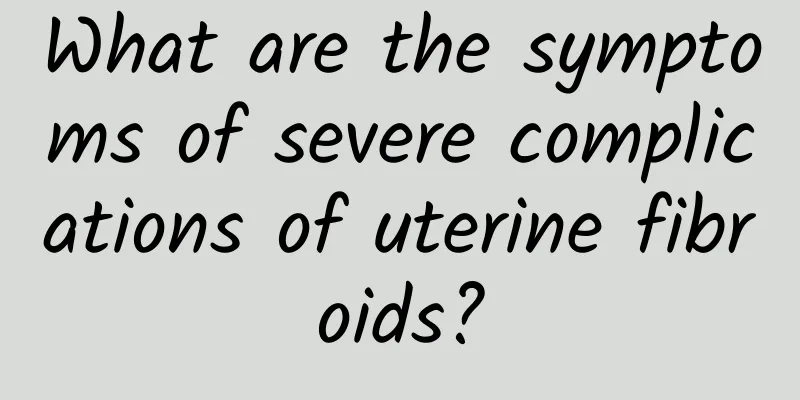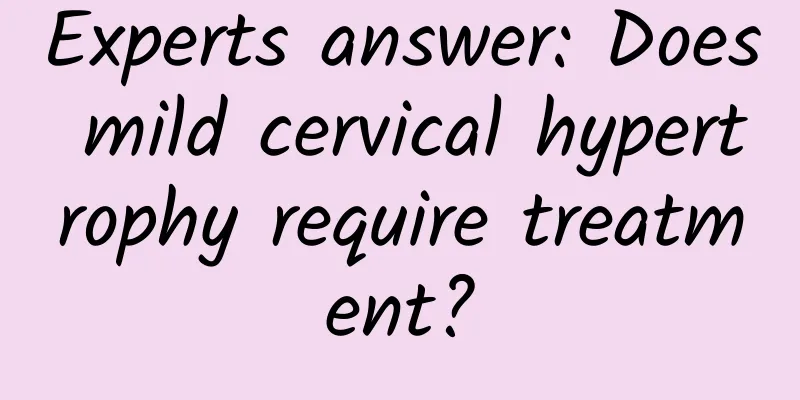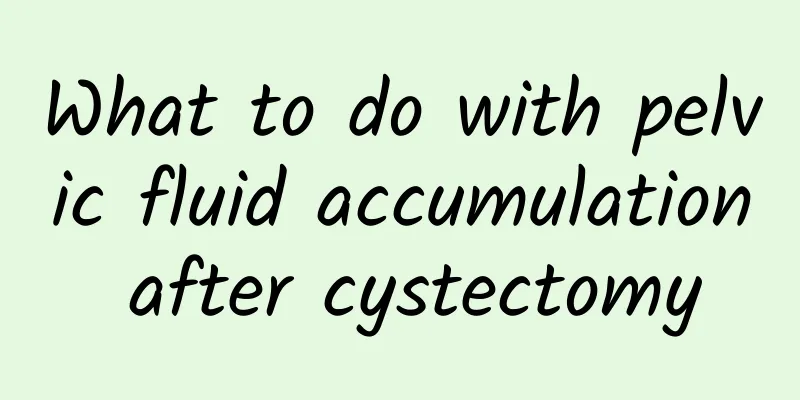How to treat pelvic inflammatory disease

|
The treatment of pelvic inflammation generally requires going to the hospital according to the situation. The vast majority can be treated symptomatically through oral Chinese medicine or Chinese patent medicine, or through Chinese medicine enema plus physical therapy. The treatment of pelvic inflammation is generally one week to ten days, and it can basically improve. Pelvic inflammatory disease must be treated actively. Most pelvic inflammations, if not treated properly, will cause chronic inflammation, fallopian tube blockage, and lead to future infertility. Therefore, pelvic inflammation must be actively treated in the hospital. The treatment of general pelvic inflammation can be done through Chinese medicine enema or moxibustion physical therapy. These methods are all fine. If you have acute pelvic inflammation, you must go to the hospital and choose the appropriate medicine for symptomatic treatment according to the situation. If pelvic inflammation is not treated properly, it is easy to have an impact. Drug treatment for pelvic inflammatory disease Pelvic inflammatory disease is a common gynecological disease in women, which is divided into acute pelvic inflammatory disease and chronic pelvic inflammatory disease. Acute pelvic inflammatory disease is generally treated with anti-anaerobic and aerobic drugs. Chronic pelvic inflammatory disease has no thorough treatment, and can be treated with comprehensive treatments such as Chinese medicine enema treatment and physical therapy. You can also take some Chinese medicine to promote blood circulation, eliminate blood stasis, and resist inflammation and pain. During the treatment of pelvic inflammatory disease, you must rest more and strengthen your nutrition. Strengthening your physical fitness can reduce recurrence, and roommates are prohibited during treatment. What happens if pelvic inflammatory adhesions are not treated? If pelvic inflammatory disease is not diagnosed and treated promptly and correctly, sequelae of pelvic inflammatory disease may occur, and the main pathological manifestations are tissue damage, extensive adhesions, hyperplasia and scar formation. It leads to hyperplasia and thickening of the fallopian tubes, obstruction of the fallopian tubes, and adhesions of the fallopian tubes and ovaries to form fallopian tube and ovarian masses. If the fimbria of the fallopian tubes is atretic, the accumulation of serous exudates can form hydrosalpinx. When the main sacral ligaments of the pelvic connective tissue proliferate, thicken, and the lesions are extensive, it can lead to uterine fixation, and the main clinical manifestations are infertility, ectopic pregnancy, and chronic pelvic pain. The adhesions, scars and pelvic congestion formed by inflammation often lead to lower abdominal pain, pain and lumbosacral pain, which often worsen before and after fatigue, sexual intercourse and menstruation. |
<<: How to treat female cervical hypertrophy? Does cervical hypertrophy need treatment?
>>: What to do if you have threatened miscarriage
Recommend
Causes of pituitary amenorrhea
Pituitary amenorrhea is caused by organic lesions...
Eat well first to lose weight! 1 bowl of sweet potato replaces half a bowl of rice
Eat less to lose weight? With the arrival of autu...
Cervicitis can cause leukoplakia of the cervix under certain stimulation
Cervicitis can cause leukoplakia of the cervix un...
What are the symptoms of endometriosis?
Endometriosis is very harmful, and there are many...
Key points for diagnosis of female pelvic inflammatory disease
Pelvic inflammatory disease is a common gynecolog...
How to treat vaginal candidal infection
Due to problems such as poor clothing hygiene and...
TCM Syndrome Differentiation and Treatment of Uterine Fibroids
Uterine fibroids, also known as uterine leiomyoma...
The care of vulvar leukoplakia should focus on emotional regulation
The occurrence of vulvar leukoplakia has endanger...
Why do uterine fibroids sometimes disappear?
Why do uterine fibroids sometimes disappear? Uter...
What are the classifications of pelvic effusion?
What are the classifications of pelvic effusion? ...
What fruits can't be eaten after an abortion? What is the best way to nourish the body after an abortion?
Abortion is a common gynecological procedure that...
Experts tell you the causes of adnexitis
Adnexitis is a common gynecological disease in wo...
What are the dangers of hyperprolactinemia to women?
What harm does hyperprolactinemia do to women? Al...
What are the hazards of irregular menstruation at different ages?
What are the hazards of irregular menstruation at...
There is light red blood during sex 2 days after menstruation
Light red blood during intercourse 2 days after t...









